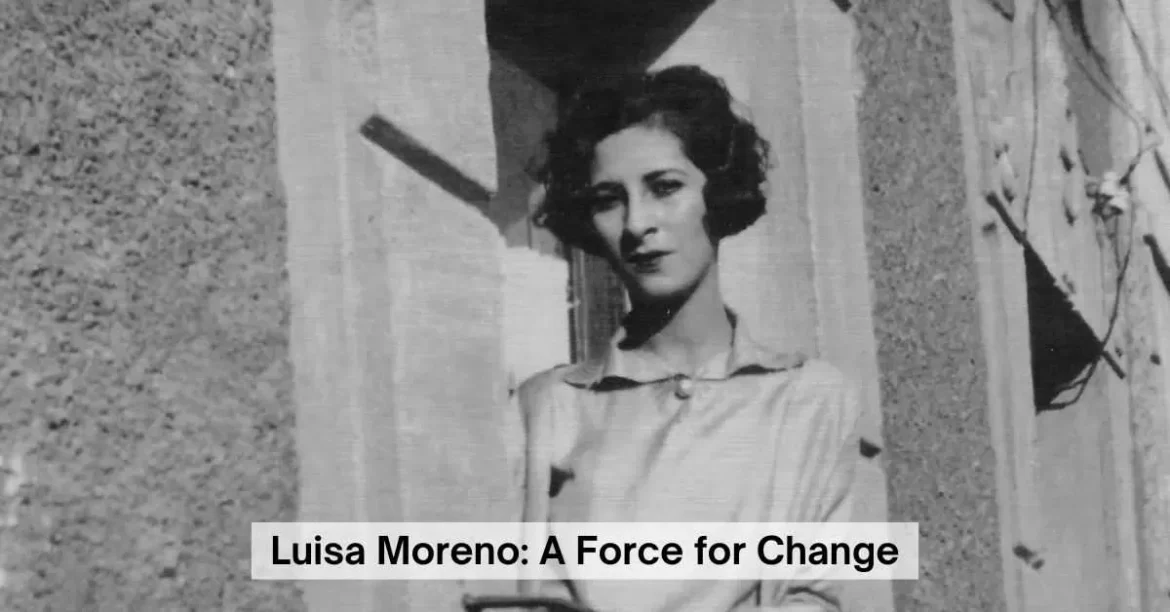Introduction
Luisa Moreno, a Guatemalan-born labor organizer and civil rights activist, played a pivotal role in the United States labor movement during the mid-20th century. Despite facing discrimination and hardship as a woman of color, Moreno dedicated her life to fighting for the rights of marginalized workers, particularly Mexican Americans and Latina women. Her unwavering commitment to social justice made her a leading figure in the pre-Chicano movement and a symbol of resilience for working-class communities.
Early Life and Education
Born in Guatemala City on August 30, 1907, Luisa Moreno came from a family of educators and activists. Her father, a teacher and journalist, instilled in her a strong sense of social responsibility and a passion for education. Moreno excelled in her studies and eventually attended Holy Names University in Oakland, California, where she further developed her understanding of labor issues and social justice movements.
Labor Organizing and Activism
After graduating from college, Moreno moved to Los Angeles, where she witnessed firsthand the deplorable working conditions faced by Mexican American and Latina laborers in the city’s garment factories, canneries, and agricultural fields. Inspired by the labor movement’s struggles for better wages and working conditions, Moreno joined the International Ladies’ Garment Workers’ Union (ILGWU) in 1929.
As an organizer for the ILGWU, Moreno quickly demonstrated her exceptional leadership skills. She mobilized workers, led strikes, and organized protests, effectively raising awareness about the exploitation of immigrant labor. Her fluency in both English and Spanish allowed her to connect with workers from diverse backgrounds and build strong unions.
Congress of Spanish-Speaking Peoples
In 1939, Moreno played a crucial role in organizing the Congreso de Pueblos de Habla Española (Congress of Spanish-Speaking Peoples), the first national Latino civil rights assembly in the United States. The congress brought together activists, educators, and community leaders from across the country to discuss issues such as labor rights, discrimination, and education. Moreno’s leadership and organizing skills were instrumental in the success of this landmark event.
Legacy and Impact
Luisa Moreno’s contributions to the labor movement and the fight for civil rights left an indelible mark on American history. She inspired generations of activists and workers, particularly Latinas and women of color, to fight for their rights and challenge the systems of oppression that marginalized them.
Moreno’s legacy extends beyond her immediate impact on the labor movement. She embodied the spirit of resistance and resilience, demonstrating that even in the face of adversity, individuals can make a significant difference in the world. Her life and work continue to serve as an inspiration to those who strive for social justice and equality.
Conclusion
Luisa Moreno’s story is one of courage, determination, and unwavering commitment to social justice. She dedicated her life to fighting for the rights of marginalized workers, leaving an enduring legacy that continues to inspire and empower generations. Her unwavering belief in the power of collective action and her unwavering commitment to equality make her an icon of the labor movement and a symbol of resilience for working-class communities.



